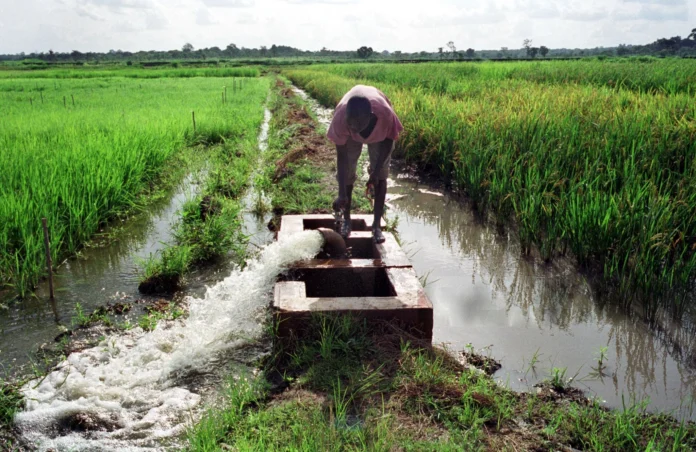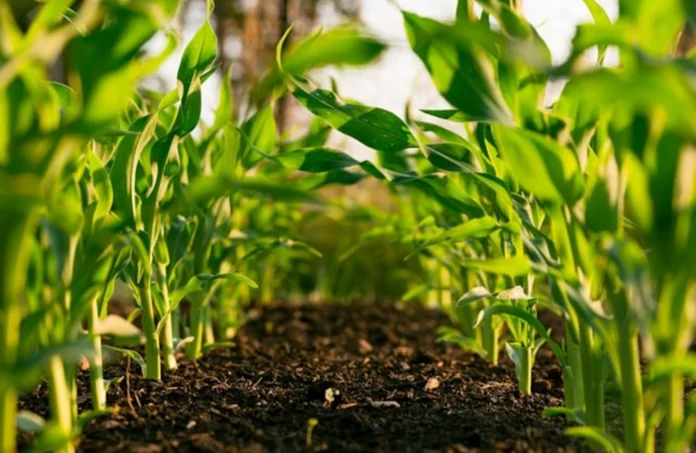Berlin — The German government is preparing to overhaul its system of emergency food supplies, moving to establish new strategic stockpiles of canned goods as part of a broader civil defense strategy. The plan, which has drawn attention both at home and abroad, comes amid heightened concerns over geopolitical instability and the potential threat of Russian aggression.
According to The Washington Post, the initiative was outlined by Germany’s Minister of Food and Agriculture, Alois Rainer, who recently proposed allocating approximately $105 million for the creation of long-term food reserves. These reserves, he argues, would not only serve as a safeguard in the event of war but also provide crucial support during other crises such as natural disasters, large-scale power outages, or even nuclear accidents.
A Focus on Durable Staples
The proposal emphasizes stockpiling durable and easy-to-prepare staples, including canned ravioli and lentils—foods that can be stored for long periods and distributed quickly in times of crisis. The logistics of maintaining and rotating these supplies would rely heavily on partnerships with major supermarket chains, a move that reflects Berlin’s intent to integrate public-private cooperation into national preparedness measures.
However, critics have pointed to several challenges, including the relatively short shelf life of canned goods and the complexities of maintaining consistent reserves across the country. Questions have also been raised about whether the budgeted sum would be sufficient to sustain a large-scale national stockpile over time.
Broader Civil Defense Strategy
The plan to bolster food reserves is only one element of Germany’s broader civil defense overhaul. Berlin has already pledged to invest €10 billion by 2029 to modernize its emergency preparedness infrastructure. This ambitious program includes installing new siren systems, constructing shelters, and expanding training for rescue and emergency response teams.
The timeline of these initiatives is notable: while German officials insist that Berlin has no intention of engaging in direct conflict with Moscow, strategic planners are reportedly preparing for a worst-case scenario in which a large-scale confrontation could erupt in the next decade. Analysts suggest that 2029 has emerged as a reference point in internal planning documents, underscoring the urgency with which German authorities view the current security landscape.
The Russia Factor
The renewed focus on civil defense comes against the backdrop of Russia’s ongoing war in Ukraine and persistent fears among European governments that Moscow could attempt to expand its aggression further westward. Germany, Europe’s largest economy, has faced mounting pressure from allies to take a more proactive role in both military defense and civilian preparedness.
“The idea of stockpiling food may sound like a relic of the Cold War, but given today’s geopolitical climate, it’s a practical necessity,” one security analyst told UNN. “Germany is acknowledging that the threats of the 21st century—whether they come from hostile states, cyberattacks, or climate-related disasters—require resilience at every level of society.”
Public Debate and Political Pushback
Not all stakeholders are convinced. Some opposition politicians have criticized the plan as alarmist, while others question the efficiency of investing heavily in perishable food items instead of alternative strategies such as expanding renewable energy storage, enhancing cybersecurity, or reinforcing supply chains with allied nations.
Consumer advocates have also expressed concerns that the costs of logistics and storage could ultimately trickle down to taxpayers and shoppers. Nevertheless, polls show that public anxiety over national security has been steadily rising since Russia’s full-scale invasion of Ukraine in 2022, with many Germans supporting stronger government action to protect civilians.
Looking Ahead
Whether the proposed food reserves will become a permanent fixture of Germany’s civil defense strategy remains to be seen. The plan must still secure broader political approval, and detailed implementation guidelines are expected later this year.
What is clear, however, is that Germany is entering a new phase of preparedness—one that blends Cold War-era tactics with modern-day challenges. From stockpiling canned goods to fortifying digital infrastructure, Berlin is sending a message to both its citizens and its adversaries: the country is preparing for crises that once seemed unthinkable but are now considered plausible.












